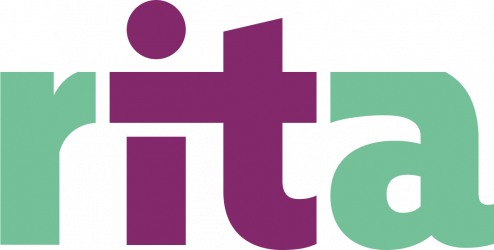ERN RITA wishes to express its support to the following statement of the European Society of Human Genetics (ESHG): “Regulation EU 2017/746 (the IVD directive) is a threat to both precision medicine and crisis management if the Article 5-§5 conditions (d)-(i) are not removed”. The new Regulation on in vitro diagnostic medical devices (the IVD directive) will be European law from May 26th, 2022. This means that all industrial producers of diagnostic tests need standard CE marking of tests and instruments.
In particular ERN RITA supports the view that the new regulation should not hinder the ability we currently have in Europe to identify creative solutions to novel problems in patient diagnostics (as part of precision medicine) or pandemic control, by imposing unnecessarily rigorous and restrictive conditions with regards to the use of “in-house” personalized tests when similar CE marked commercial tests exist.
CE marking is too cumbersome and expensive for the low-volume “personalized” laboratory tests necessary for precision medicine in the context of rare diseases. Although an in-house exemption to the requirement for CE marking has been made (article 5-§5) in the new regulation, some of the defined conditions (d to i) are problematic especially for new genetic tests such as Next Generation Sequencing, which have become indispensable tools for the diagnosis and treatment of patients with rare diseases. For details see the attached statement of the ESHG.
ERN RITA therefore fully endorses the statement of the ESHG, and strongly recommends that Article 5-§5 conditions (d) to (i) for in-house exemptions are removed from the IVD directive, while conditions (a) to (c) are kept. Failure to do so will increase health care costs and jeopardize Europe’s ability to design precise “personalized” laboratory tests and to adapt to the rapidly shifting requirements of this field.
Nico Wulffraat, coordinator of ERN RITA, on behalf of the ERN RITA Board
